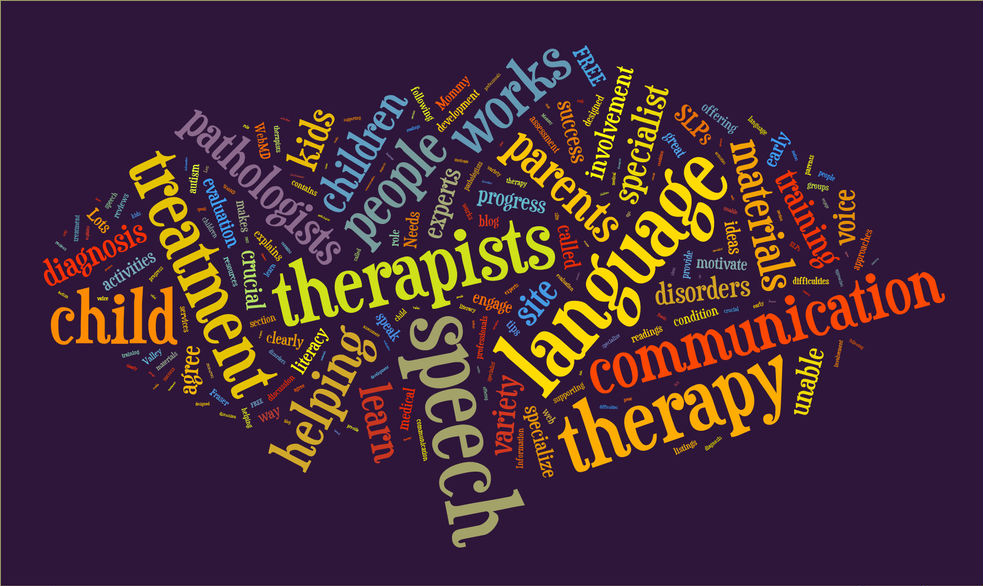It’s common to fumble over our words every now and then. When this happens, we typically feel flustered, but we are often able to quickly recover and move on. However, for those who stutter, there may be more profound emotional and psychological consequences. Due to this, it’s important that their feelings don’t go ignored. An individual’s attitude – positive or negative – serves as a major contributing factor to their overall stuttering disorder, and can determine whether it becomes more prevalent over time.
It should be noted that one’s self-concept could be as much a part of the disorder as the stuttering itself (“I Have A Voice”, 2012). A blog post entitled “Stuttering’s Hidden Side – the psychological symptoms of stuttering” compiled a list of symptoms that should be considered when referring to stuttering of any degree:
- Fear
- Shame
- Anger
- Guilt
- Confusion and lack of clear thought
- Anxiety and panic
- Frustration
- Embarrassment
- Isolation
- Social phobia
Moreover, in Barry Guitar’s Stuttering: An Integrated Approach to Its Nature and Treatment, he mentions how the severity of a stutter is both due to how one sees their self and how others react to them (2014). Analogous research on stuttering has shown what makes it better or worse. For instance, emotional influences such as feeling stressed or nervous, being put in new situations, and talking on the phone or in front of a group of people can cause a person’s fluency to weaken, ultimately making stuttering worse (“I Have A Voice”, 2012).
The Journal of Stuttering Therapy, Advocacy & Research further highlights the significance of having a strong sense of self. “Counseling People Who Stutter and Their Families”, which is an included article by Dr. Patricia Zebrowski, explains how the emotional responses to stuttering cannot be underestimated or disregarded for the fact that it’s emotion and not rational thought that affects our behavior (2005). Zebrowski goes on to underpin the vital role of a Speech-Language Pathologist by saying that it won’t matter what method of therapy is suggested or carried out unless it’s understood how the stutterer feels about their dis-fluency and how their emotions control their reactions [to the stuttering] (2005).
Speech-Language Pathologists are equipped with the ability to lessen the overall emotional and psychological consequences that may be associated with stuttering. It is imperative that any stuttering program incorporate both techniques to improve fluency as well as therapeutic support around the emotions and environmental impact that come with stuttering. At Simone Friedman SLS this type of synergistic approach is used. In turn, the expectation that the therapy approach proves successful increases greatly. Although this can be a long and challenging process, the end result is always worth it.
REFERENCES
Guitar, B. (2014). Stuttering an integrated approach to its nature and treatment. Philadelphia: Lippincott-Williams & Wilkins.
Research on Stuttering. (2012). Retrieved from http://www.ihaveavoice.info/research.html
Stuttering’s Hidden Side – the psychological symptoms of stuttering. (n.d.). Retrieved from http://stutteringjack.com/the-psychological-symptoms-of-stuttering_stammering/
Zebrowski, P., Ph.D., CCC-SLP. (2005). Counseling People Who Stutter and Their Families. Journal of Stuttering Therapy, Advocacy & Research.



